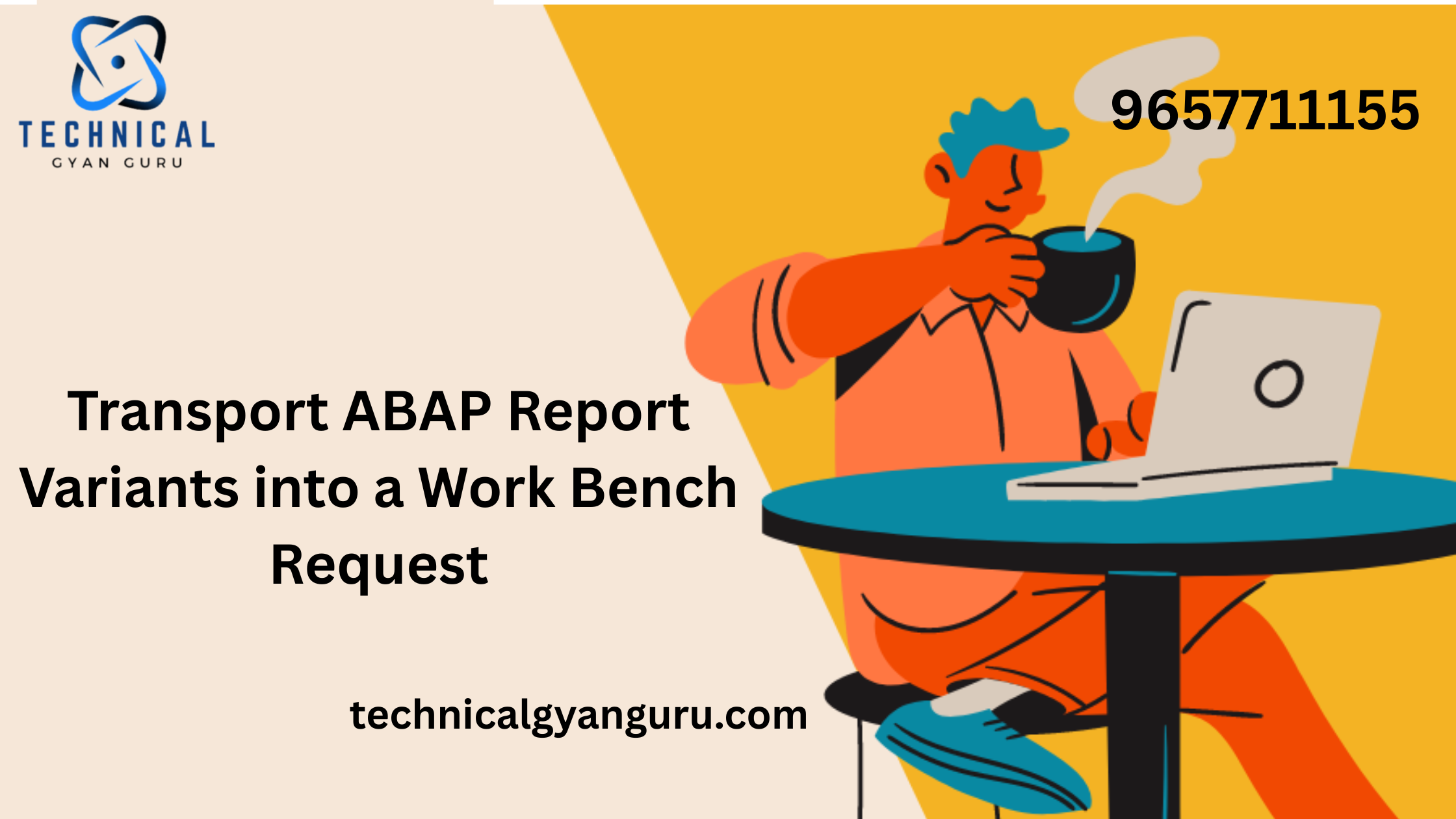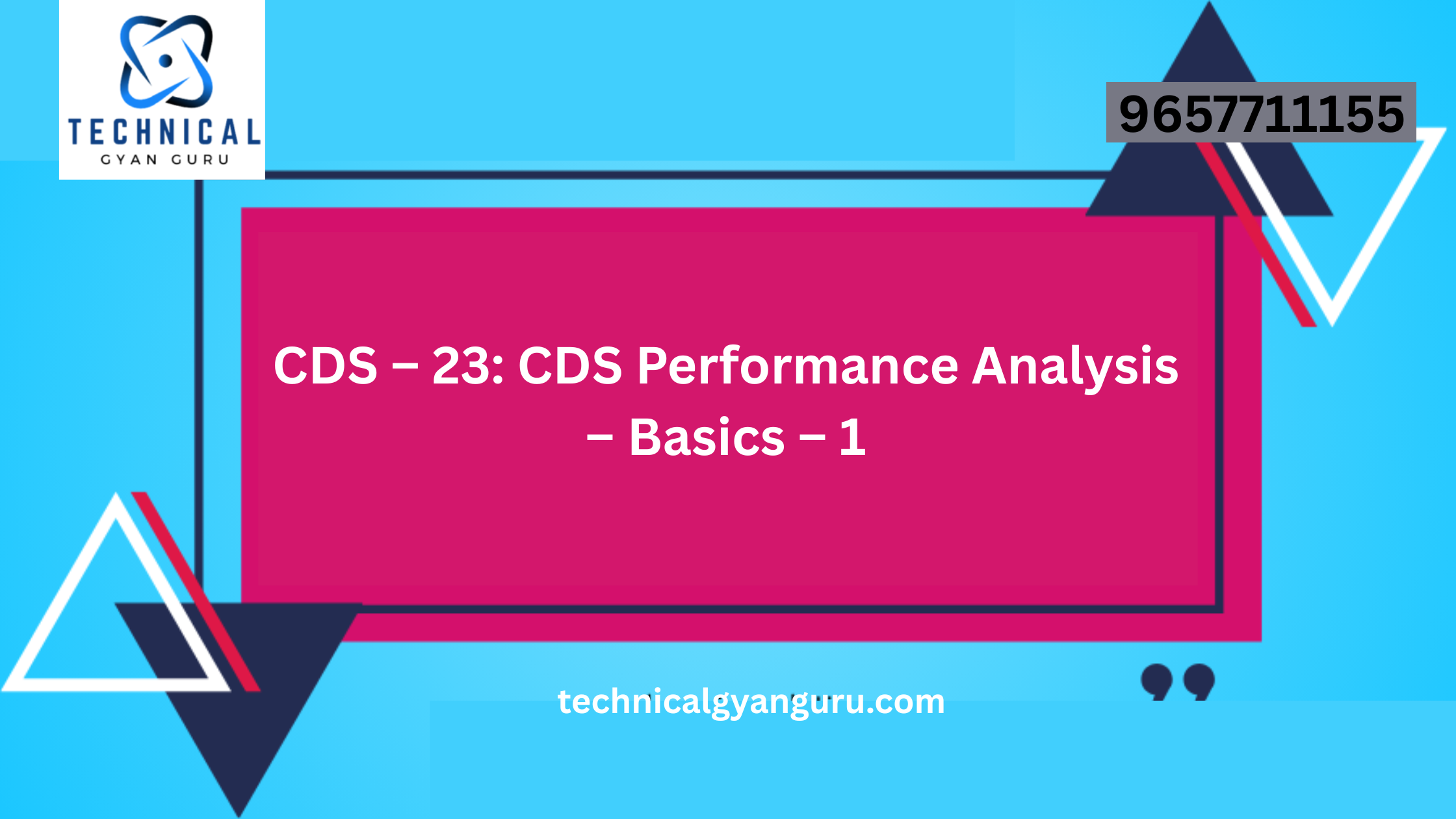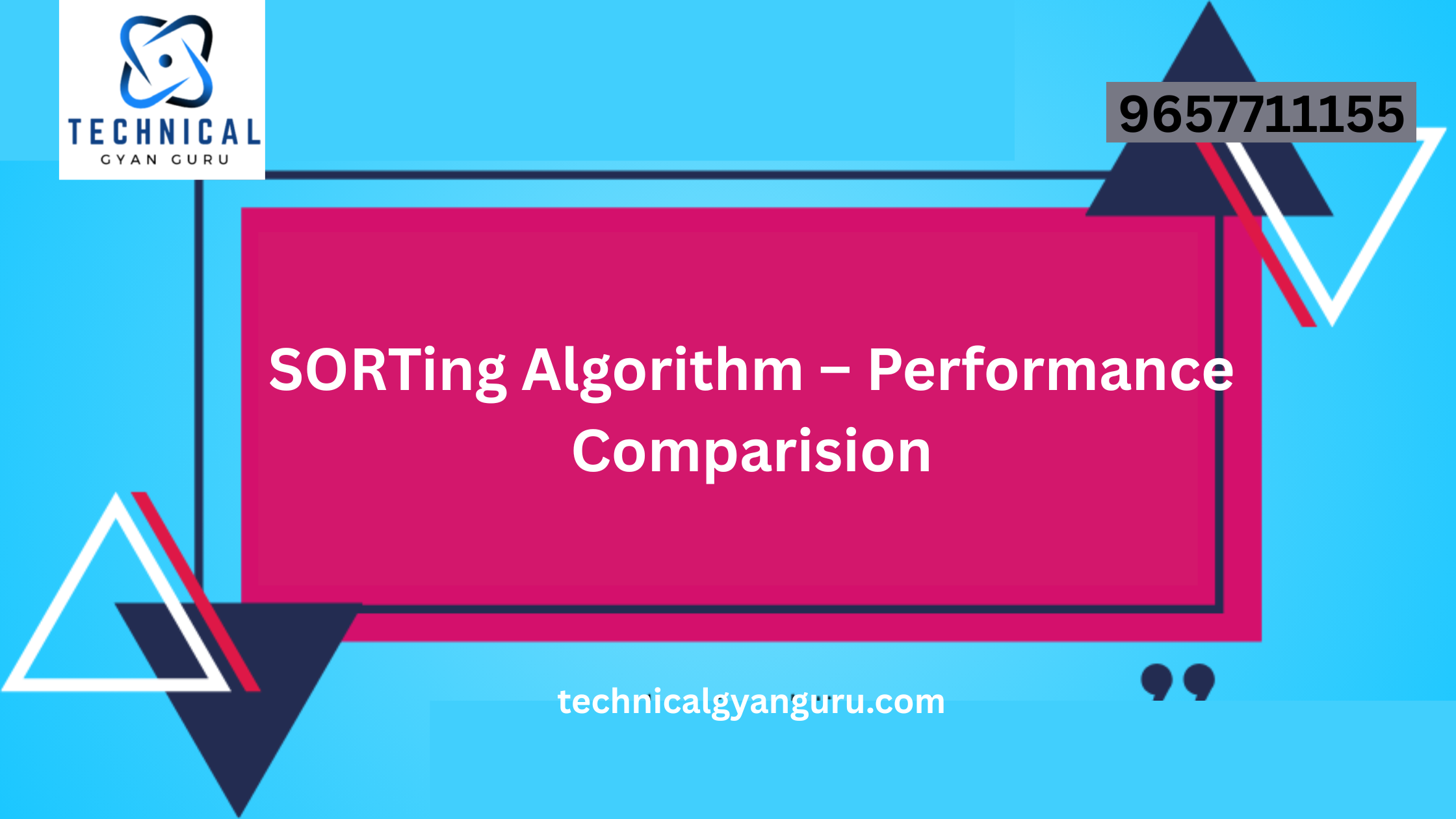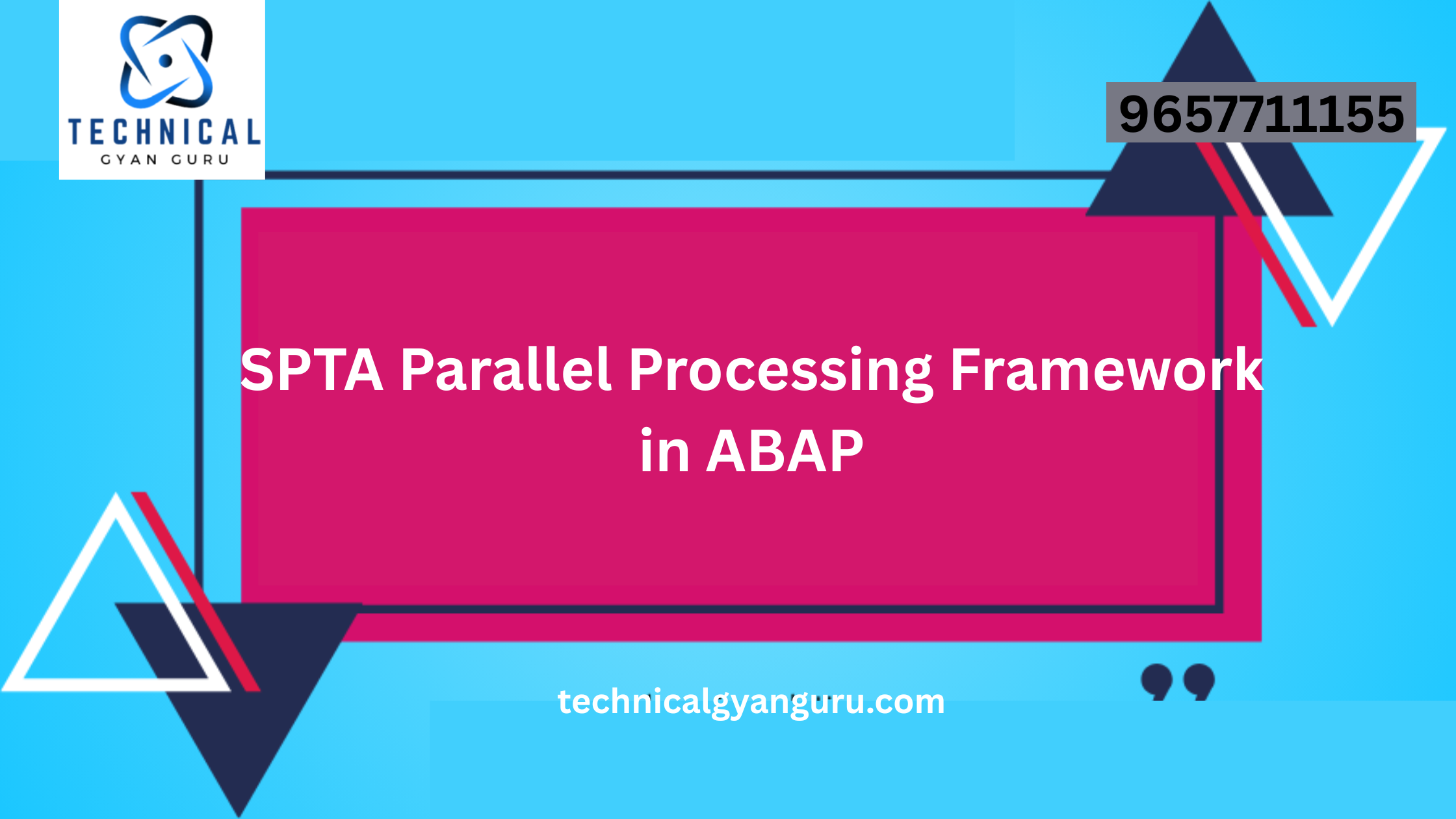
Discover SAP course duration and fees. Get insights on program costs and additional expenses like certification exams.
In today’s dynamic business landscape, mastering Enterprise Resource Planning (ERP) systems like SAP is a surefire way to propel your career forward. SAP, specifically, is a dominant player in the ERP market, offering a vast suite of software solutions that cater to various business functions. If you’re considering an SAP course to enhance your skillset, navigating the course options and associated costs can be a daunting task. This blog dives deep into everything you need to know about SAP course duration and fees, empowering you to make an informed decision.
Understanding SAP Courses A Spectrum of Options
The beauty of SAP training lies in its versatility. SAP offers a diverse range of courses, each catering to specific modules within the SAP ecosystem. Here’s a breakdown of some popular SAP courses:
- SAP Basis Administration: This course equips you with the fundamentals of SAP system administration, including user management, security, and system configuration.
- SAP FICO (Finance and Controlling): Delve into the intricacies of financial management with SAP FICO, covering accounts payable/receivable, general ledger, and controlling functions.
- SAP HR (Human Resources): Master SAP’s HR module, gaining expertise in talent management, payroll processing, and employee self-service functionalities.
- SAP MM (Materials Management): Streamline your supply chain operations with this course, covering procurement, inventory management, and materials planning within the SAP framework.
- SAP SD (Sales and Distribution): Optimize your sales cycle with SAP SD, learning about order processing, customer relationship management, and credit management.
These are just a few examples, and the specific SAP course you choose will significantly impact the duration and fees involved.
Factors Affecting SAP Course Fees
While course duration is a key consideration, understanding the factors that influence SAP course fees is equally important. Here are some of the main ones:
- Module Chosen: As mentioned earlier, the chosen SAP module significantly impacts the cost. Complex modules like SAP FICO tend to have higher fees compared to foundational modules. As mentioned earlier, the chosen SAP module significantly impacts the cost. Complex modules like SAP FICO tend to have higher fees compared to foundational modules.
- Delivery Method: Training delivery methods can vary. Instructor-led classroom training is generally more expensive than online self-paced learning. Blended learning options, combining classroom and online components, often fall somewhere in between. Training delivery methods for SAP courses can vary significantly in terms of cost and format. Instructor-led classroom training typically offers a more hands-on and interactive experience but comes with a higher price tag due to the costs associated with in-person instruction. Online self-paced learning, on the other hand, tends to be more affordable and flexible, allowing learners to study at their own pace from anywhere. Blended learning options, which combine elements of both classroom and online formats, strike a balance between cost and flexibility, providing a comprehensive learning experience without the full expense of traditional classroom training.
- Training Provider: The reputation and experience of the training provider can influence pricing. Accredited training partners with certified instructors may charge more than independent providers. When choosing an SAP training provider, it’s important to consider their reputation and experience. Accredited training partners with certified instructors often charge higher fees compared to independent providers. This is because their established credibility and quality assurance typically come with a higher price tag. Investing in a reputable provider can enhance the quality of your training and provide you with better support and resources.
- Location: Geographic location can also play a role in course fees. Training costs in major metropolitan areas might be higher compared to smaller towns. The cost of SAP training can vary significantly depending on geographic location. Typically, training programs in major metropolitan areas are priced higher due to increased living costs and higher demand. Conversely, fees in smaller towns or rural areas may be lower, reflecting the local cost of living and market conditions. This variation can impact your overall expenses, so it’s worth considering regional differences when budgeting for your SAP education.
- Certification: Some courses include SAP certification exams, which can add to the overall cost. Some SAP courses offer certification exams as part of the program, which can increase the total cost. These exams validate your skills and knowledge, potentially enhancing your career prospects but adding to the overall expense of the course.
Unveiling the Cost of Knowledge: SAP Course Fees
Just like the course duration, SAP course fees can vary depending on several elements:
- Course Provider: Training institutions, authorized SAP partners, and online learning platforms all have their fee structures. Generally, reputed institutions might charge more but offer a more comprehensive learning experience.
- Course Location: Classroom-based training often comes at a premium compared to online courses. Location-specific costs like instructor fees and venue rentals can also play a role.
- Course Features: Additional features like certification vouchers, access to practice exams, or post-training support can influence the overall cost.
Here’s a ballpark estimate for SAP course fees:
- Basic SAP Courses: ₹20,000 – ₹40,000 (INR) (approximately $250 – $500 USD)
- Advanced SAP Courses & Certifications: ₹40,000 – ₹1,00,000 (INR) (approximately $500 – $1250 USD)
Maximizing Your Investment: Considerations Beyond Cost and Duration
While cost and duration are important, remember that SAP training is an investment in your future career. Here are some additional factors to consider when choosing an SAP course:
- Learning Style: Do you prefer instructor-led training with live interaction, or do you thrive in a self-paced online environment? Choose a delivery method that aligns with your learning style.
- Career Goals: Identify your specific career aspirations within the SAP domain. Select a course that equips you with the skills and knowledge necessary to achieve those goals.
- Hands-on Experience: Look for courses that offer practical exercises and real-world scenarios to solidify your understanding of SAP concepts.
- Industry Recognition: Choose a training provider with industry recognition and accreditation to ensure the quality and relevance of the training received.
Conclusion
Investing in an SAP course can be a game-changer for your professional development. By understanding the factors influencing course duration and fees, you can make an informed decision that aligns with your budget, learning style, and career aspirations. Remember, the knowledge and skills gained from an SAP course can provide a significant return on investment, opening doors to exciting job opportunities and career advancement. Equipping yourself with SAP expertise can open doors to exciting career opportunities. By understanding SAP course durations, fees, and the factors influencing them, you can make an informed decision about the training path that best suits your needs and budget. Remember, a successful SAP career goes beyond just completing a course. Focus on continuous learning, staying updated with the latest SAP advancements, and actively seeking opportunities to showcase your skills. With dedication and the right training, an SAP certification can be a stepping stone to a rewarding and lucrative career in the ever-evolving world of enterprise resource planning.
you may be interested in this blog here:-
Career Journey as an Application Development Analyst at Accenture








